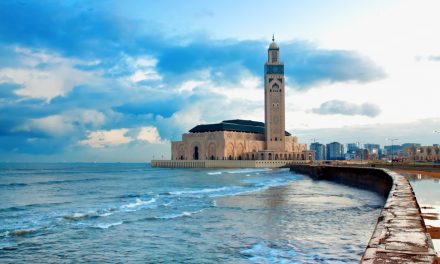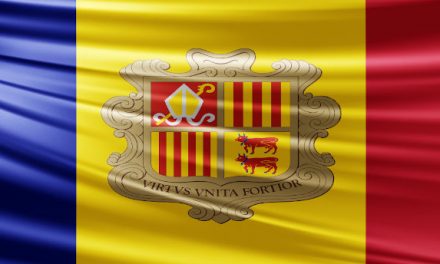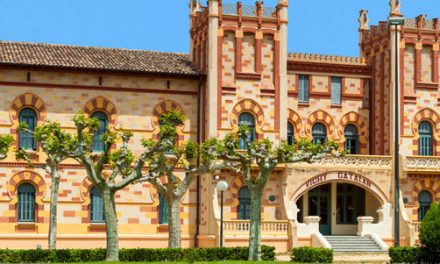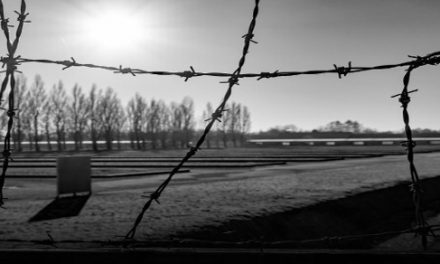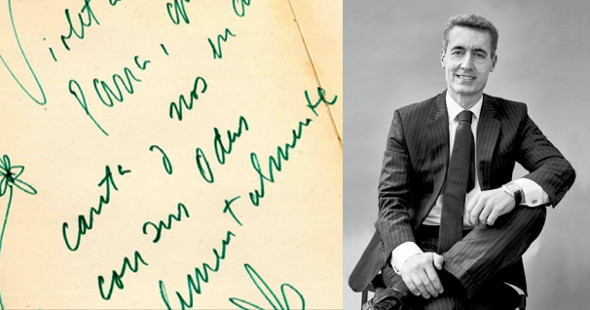
Dr. José Daniel Barquero
José Daniel Barquero, full academician of the Royal European Academy of Doctors-Barcelona 1914 (RAED), will present on September 20, in the Assembly Hall of ESERP, his book “Pablo Neruda, ensayo biográfico inédito de la infancia, adolescencia y juventud” (Pablo Neruda, unpublished biographical essay on childhood, adolescence and youth), where he reveals the first sources that inspired the Chilean poet and Nobel prize winner in Literature, a field barely explored. A period that elapses be tween his birth in 1904 and 1924, once Neruda had already made a hole in literature with the publication of “Crepusculario”.
Author of the essay “Los calcetines de Pablo Neruda” (he Pablo Neruda’s socks), where he also studies the genesis of his work, Barquero presents this new study as a tribute to the poet who inspired his career on the 45th anniversary of the death of the writer, occurred in Santiago de Chile in 1973 in circumstances not clarified. “This book is an approach to readers about an unknown part of his biography, his childhood, adolescence and youth -explains Antonio Torres, professor at the Faculty of Philology at the University of Barcelona-. Here we will discover something as beautiful as who Pablo Neruda dedicates the poem number 6 of the book ‘Veinte poemas de amor y una canción desesperada’ (Twenty poems of love and a desperate song), we will discover an essential part of your being, because many times, if you know your childhood, you can get to understand the maturity and thinking of genius.”
 “The childhood is basic, primordial, since it constitutes the piece of the puzzle that is missing to understand the poet”.
“The childhood is basic, primordial, since it constitutes the piece of the puzzle that is missing to understand the poet”.
The result of an intense and extensive work on the poet’s first steps, “Pablo Neruda, ensayo biográfico inédito de la infancia, adolescencia y juventud” reviews family details hitherto unknown and recovers the first texts of this universal author. Beginning with the first writing that is recorded, the year 1915. It is a postcard to his mother in which the child prodigy leaves evidence of his poetic:
“De un paisaje de áureas regiones
yo escogí
para darle querida mamá
esta humilde postal. Neftalí”.(From a landscape of golden regions
I chose
to give you dear mom
this humble postcard. Naphtali).

